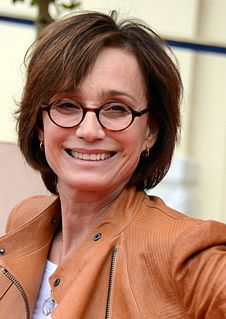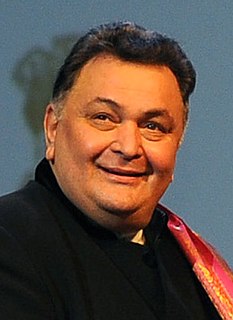A Quote by Debra Granik
Films set in 90210 are ten a penny. But there's rarely room to make films about a different postal code, to show the lives of ordinary Americans who have to live with very limited material resources.
Related Quotes
What I want to do is make films that astonish people, that astound people, and I hope you want to do that too. It's easy to make money. It's easy to make films like everybody else. But to make films that explode like grenades in people's heads and leave shrapnel for the rest of their lives is a very important thing. That's what the great filmmakers did for me. I've got images from Fellini, from Bergman, from Kurowsawa, from Bunuel, all stuck in my brain.
I do think that animated films have the ability to touch you someplace. There is something about live action movies that is different because we know the characters are real people, so they always stay flawed for us somehow. But animated films touch us in a very clear, uncomplicated place. They have that ability. And an animated character can make an expression in a way humans can't do.
'90210' was looking at teenagers from a perspective that hadn't really been seen on television, though it had been seen in movies like some John Hughes films. I don't know if you want to say '90210' was real, but what the characters were going through was relatable - in a very glamorous environment.




































